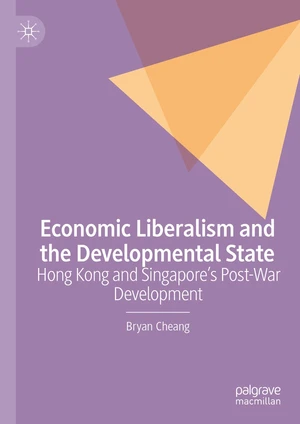This book provides a fresh perspective on the debate over the role of the state in East Asiaâs development history. Comparing the post-war development policies of Singapore and Hong Kong, it argues that their strong economic performances preceded and persisted despite, not because of, developmental state policies. While both nations are not pure free markets, the Hong Kong economy comes closer to that ideal and exhibited clear advantages over state-driven Singapore, in terms of greater levels of indigenous entrepreneurship, productivity and innovation. The book highlights the complex ways in which states penetrate markets, which are often neglected in liberal accounts of Hong Kong and Singapore as âfree-market success storiesâ. At the same time, it also stands as a cautionary tale on the use of non-comprehensive development planning in the twenty-first century, where an unprecedented degree of complexity complicates economic policy and industrial upgrading. The book renews the case for economic liberalism in development policy through a unique Asian cultural lens.
Price history
Nov 13, 2022
€129.01

